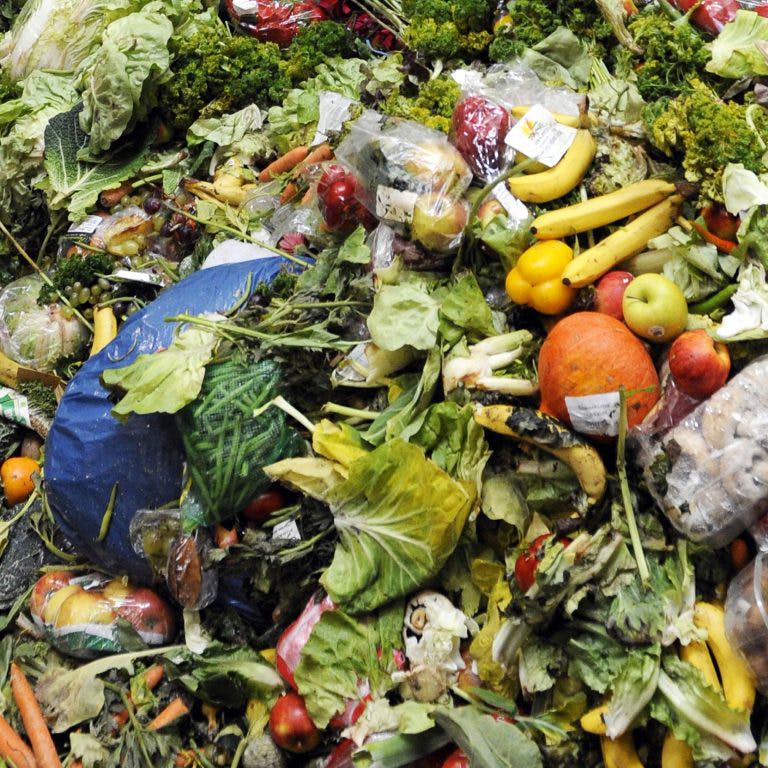
Black Gold: The Future of Food...We Throw Away
Gastropod
For a few weeks in 1987, trash was temporarily headline news: a barge filled with waste that would no longer fit in New York City's overflowing landfills spent months wandering up and down the East Coast with nowhere to dump its smelly, rotting cargo. The trash barge's travels triggered a long overdue public rethink of the wisdom of sending all of our waste to landfills—including food. But fast forward more than thirty years, and food still takes up more space in American landfills than anything else. About 30 to 40 percent of food produced in the US gets thrown away, rather than eaten. What's more, putting all that rotting food inside landfills produces a lot of methane, a powerful greenhouse gas. Our ancestors knew exactly what to do with food waste; the earliest descriptions of composting were written on clay tablets more than 4,000 years ago. So why didn't the GarBarge kick off a composting craze? And why is it so hard for us to keep food waste out of landfills? This episode, Gastropod visits the future of food waste: the high-tech facilities as well as the innovative policies that promise to keep our discarded food out of landfills, keep methane from escaping into the atmosphere, *and* turn those food scraps into something useful. Can a state the size of California really keep 75 percent of its food waste out of landfills, as it has pledged to do by 2025—and what will happen if it does? Listen in for compost blow-dryers, fruit-sticker bingo, and a lot of microbes! Learn more about your ad choices. Visit podcastchoices.com/adchoicesNext Episodes
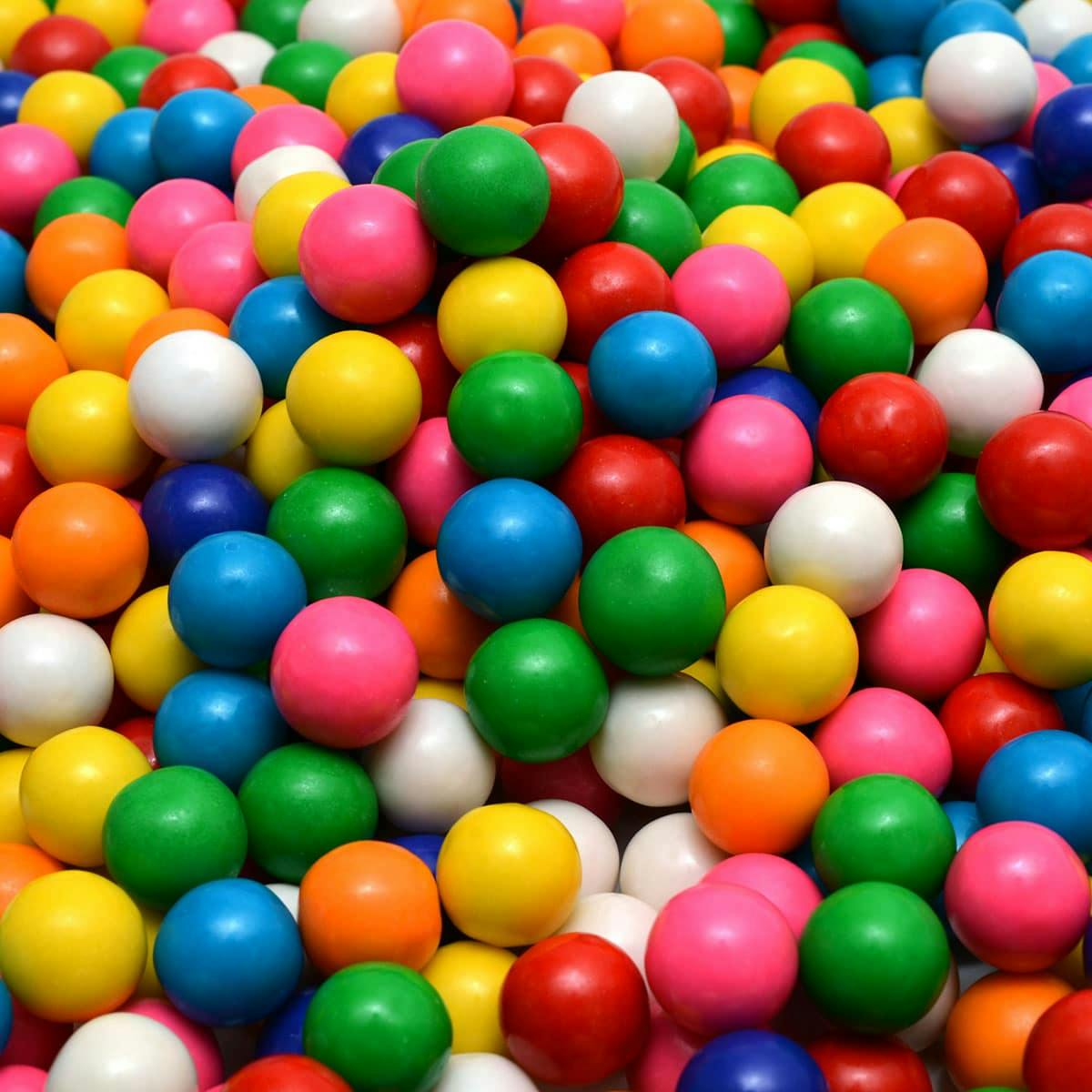
Gum's the Word: A Sticky Story @ Gastropod
📆 2022-03-22 21:18 / ⌛ 00:51:50
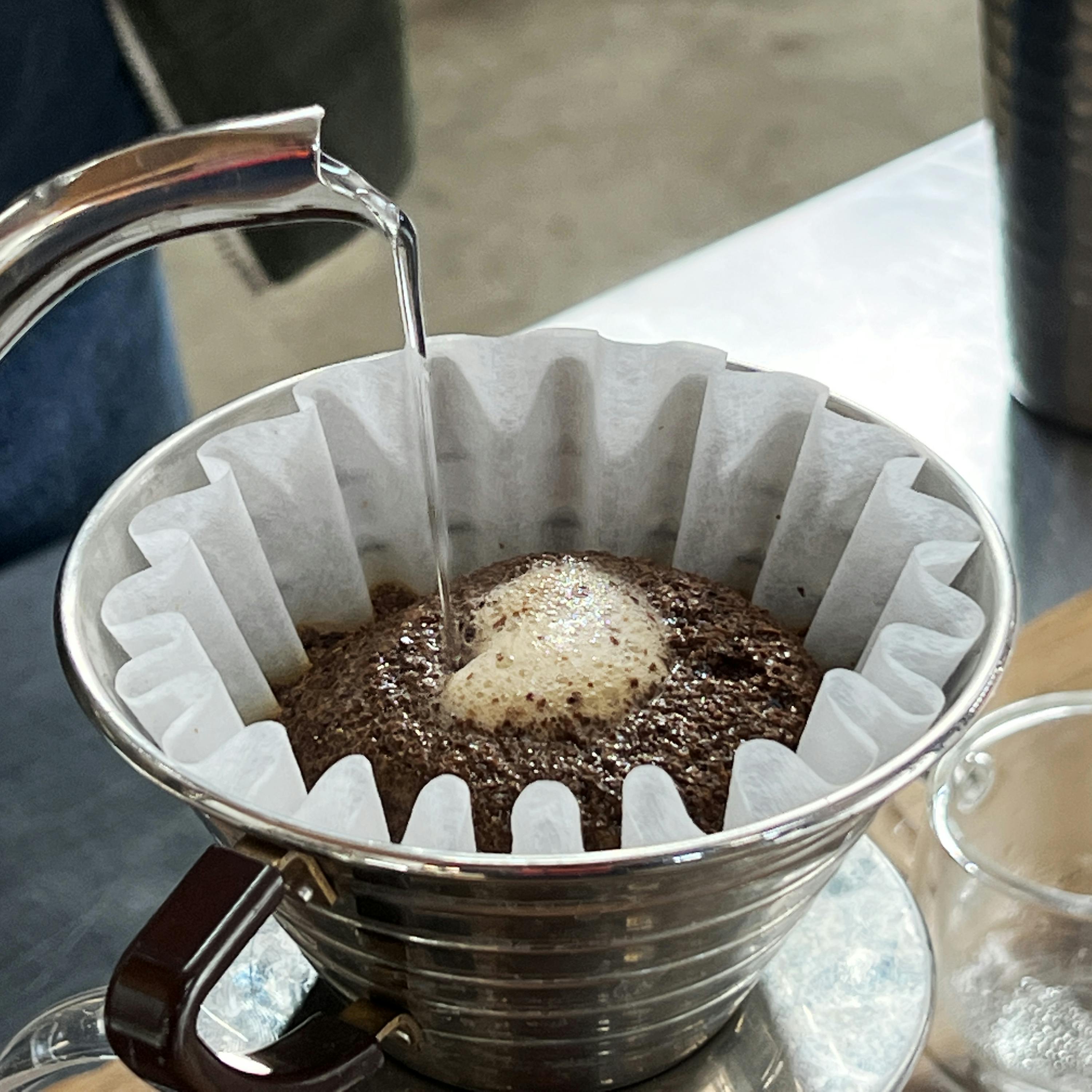
Déjà-Brew: How Coffee Got Bad, Then Worse, and, Finally, Good Again @ Gastropod
📆 2022-03-08 20:44 / ⌛ 00:55:47
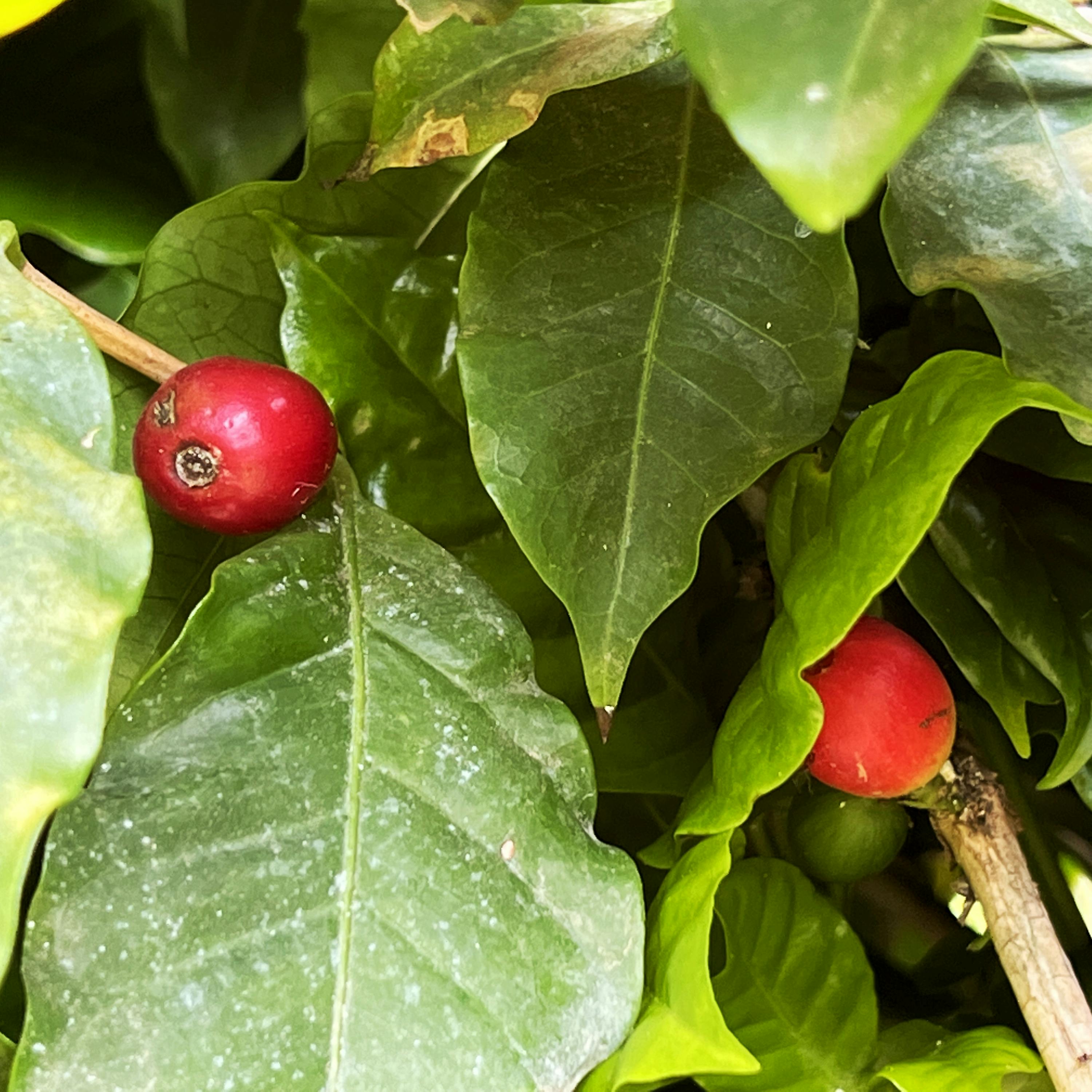
Grounds for Revolution: the Stimulating Story of How Coffee Shaped the World @ Gastropod
📆 2022-02-22 02:31 / ⌛ 00:49:14
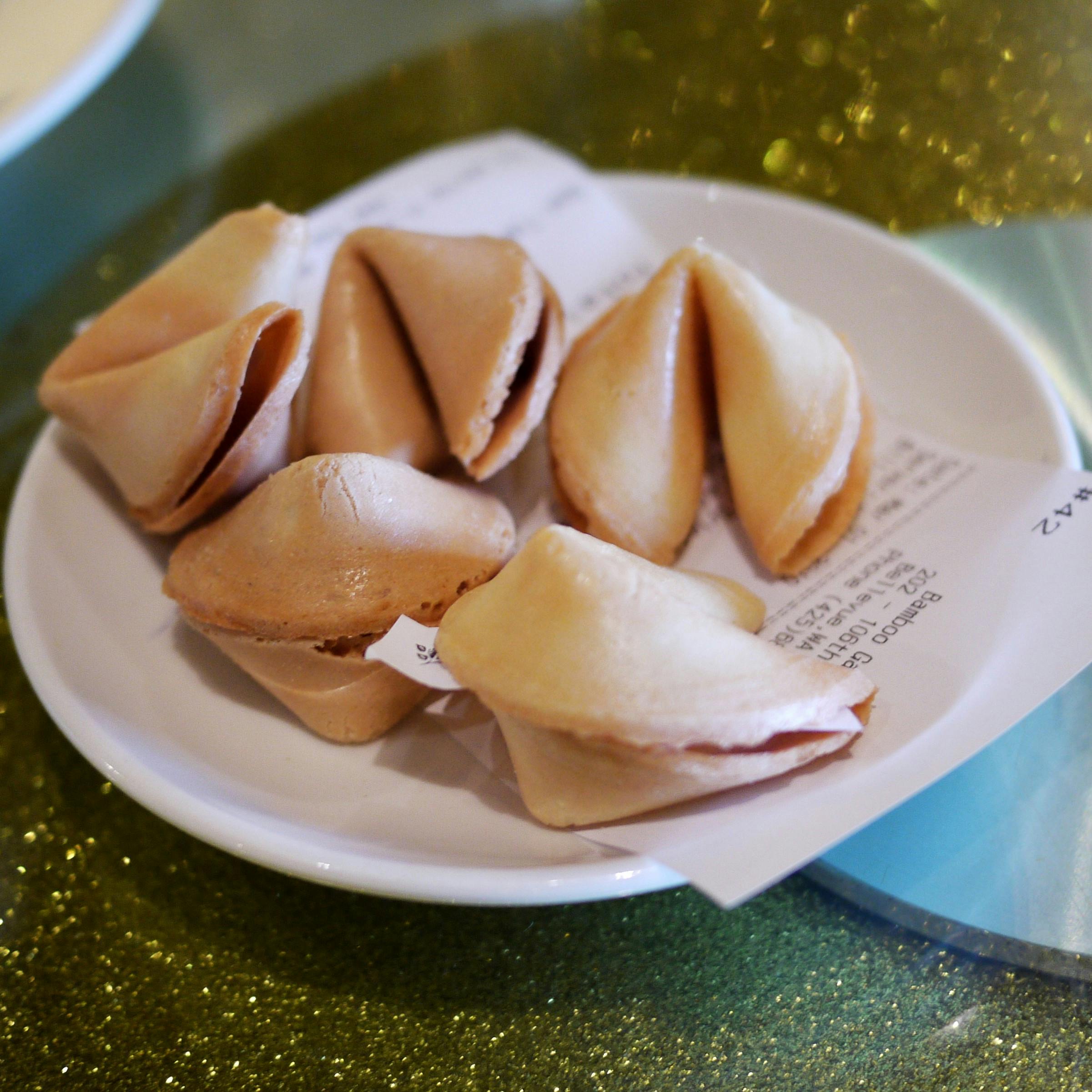
The Fortune Cookie Quest @ Gastropod
📆 2022-02-08 17:07 / ⌛ 00:42:27
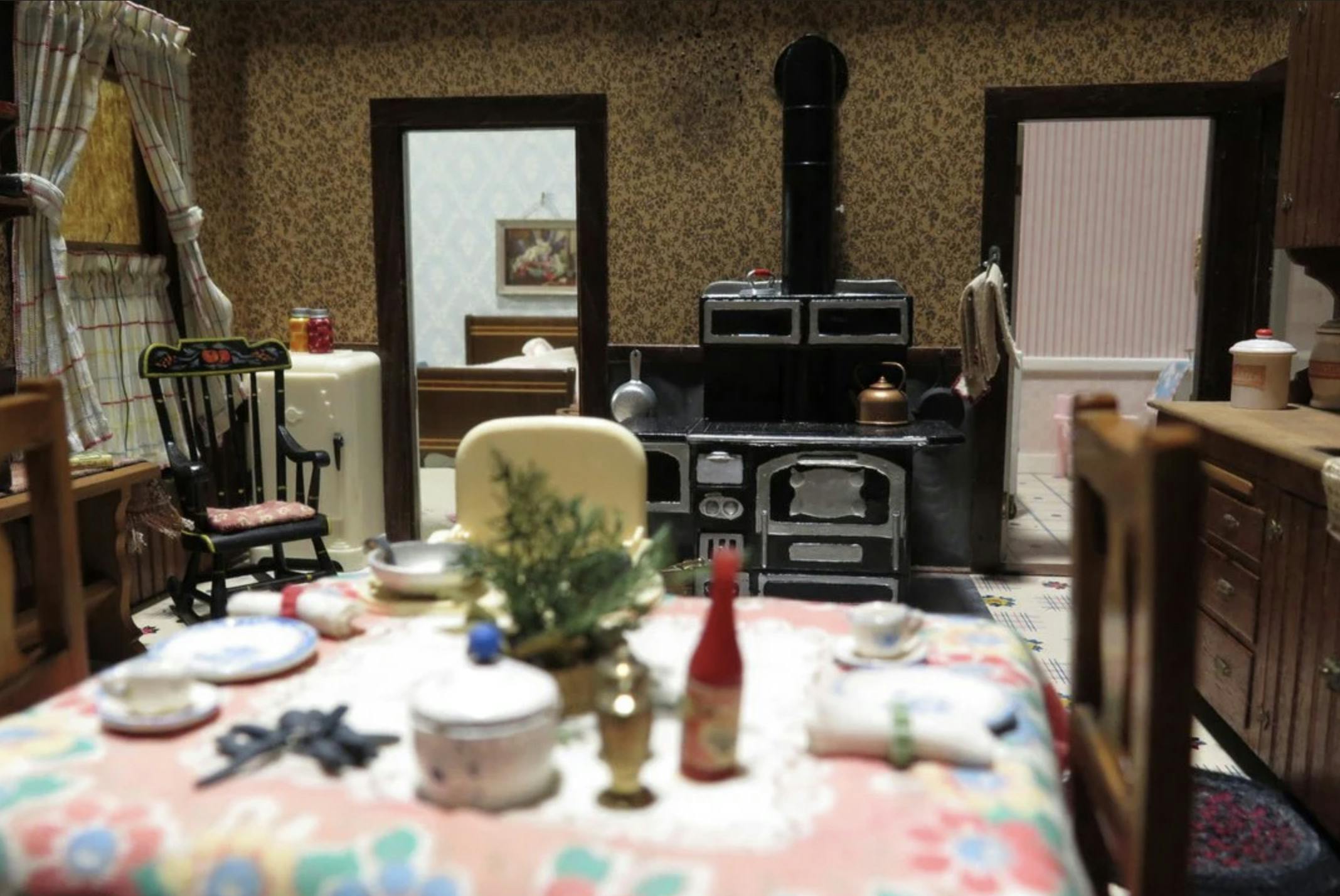
Guest Episode: Graveyard Cookies and Dollhouse Crimes @ Gastropod
📆 2022-01-25 23:15 / ⌛ 00:34:18